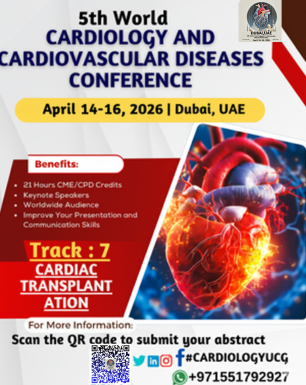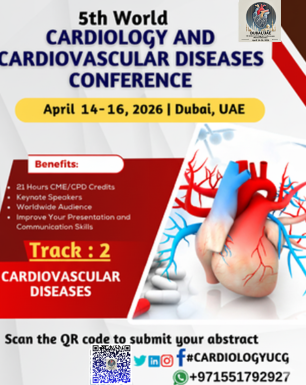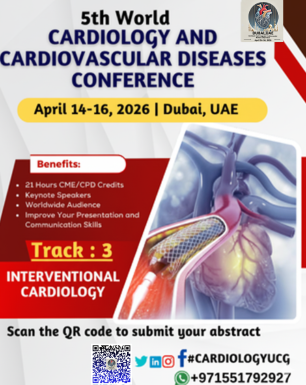Organ Procurement, Donor Heart Selection, Organ
Preservation, Donation after Brain Death (DBD), Donation after Circulatory
Death (DCD), Transplant Coordination, Patient Selection Criteria,
Multidisciplinary Team Assessment, Pre-Transplant Workup, Medical Optimization,
Orthotopic Heart Transplantation, Heterotopic Heart Transplantation, Minimally
Invasive Transplantation, Post-Transplant Management,
What is cardiac-transplantation and why is it important?Cardiac
transplantation, also
known as heart transplantation, is a surgical procedure in which a
diseased or failing heart is replaced with a healthy heart from a deceased
donor. It is considered a last-resort treatment option for patients with
end-stage heart failure or severe coronary artery disease (CAD) that cannot be
managed through other therapies like medications, lifestyle changes, or
coronary artery bypass surgery.
Why Cardiac Transplantation is Important:
- End-Stage Heart Failure
Treatment:
- For patients with end-stage
heart failure (a condition where the heart cannot pump blood
effectively), heart transplantation is often the only viable treatment
option when other medical interventions fail. Conditions like dilated
cardiomyopathy, ischemic cardiomyopathy, and congenital heart defects can
lead to heart failure, and transplant offers a potential life-saving
solution.
- Improvement in Quality of
Life:
- Heart transplantation can
significantly improve the quality of life for recipients. It helps alleviate
symptoms of heart failure, such as shortness of breath, fatigue,
swelling, and fluid retention, allowing patients to return to normal
activities and live more comfortably.
- Extended Life Expectancy:
- Patients who undergo a
successful heart transplant often experience a longer life expectancy
compared to those with untreated end-stage heart failure. The procedure
can offer years or even decades of improved heart function and survival.
- Treatment for Severe
Coronary Artery Disease (CAD):
- For patients with severe
CAD (a condition where the coronary arteries become blocked, restricting
blood flow to the heart), heart transplantation may be recommended when
other treatments, such as bypass surgery or angioplasty, are not
sufficient or appropriate due to the extent of the damage.
- Alternative to Mechanical
Circulatory Support:
- In some cases, when a
patient’s heart is failing but they are not candidates for transplant,
devices like ventricular assist devices (VADs) can be used as a
bridge to transplant. While VADs support the heart temporarily, a
transplant remains the ultimate solution for long-term survival.
- Advancements in
Immunosuppression:
- With advances in
immunosuppressive therapies, transplant recipients now have better
chances of preventing organ rejection and leading a more normal life
post-transplantation. These drugs suppress the immune system to prevent
it from attacking the transplanted heart.
- Organ Allocation and
Scarcity:
- While heart transplantation
is life-saving for those in need, there is a shortage of suitable donor
hearts. Organ allocation systems are carefully managed to prioritize
patients based on factors like medical urgency, age, and compatibility,
ensuring that hearts go to those most in need.
- Personalized and Tailored
Care:
- Cardiac transplantation
involves a multidisciplinary approach, where cardiologists, surgeons,
immunologists, and other specialists collaborate to select patients,
manage surgery, and ensure long-term follow-up care. Personalized
immunosuppressive therapy, routine biopsies, and imaging ensure the
transplant is functioning well and free of rejection.
Overall Importance of Cardiac Transplantation:
- Life-Saving Procedure: Heart transplantation is
one of the most effective treatments for patients with end-stage heart
failure, offering a chance for survival and a return to a more active,
productive life.
- Advances in Medical Science: It represents a major
achievement in modern medicine, combining surgical precision with
immunology and organ preservation to extend the lives of people who would
otherwise not survive.
- Improvement in Outcomes: Advances in surgical
techniques, organ preservation, and post-transplant care have led to
better outcomes for transplant recipients, with many patients surviving
for years or even decades post-transplantation.





